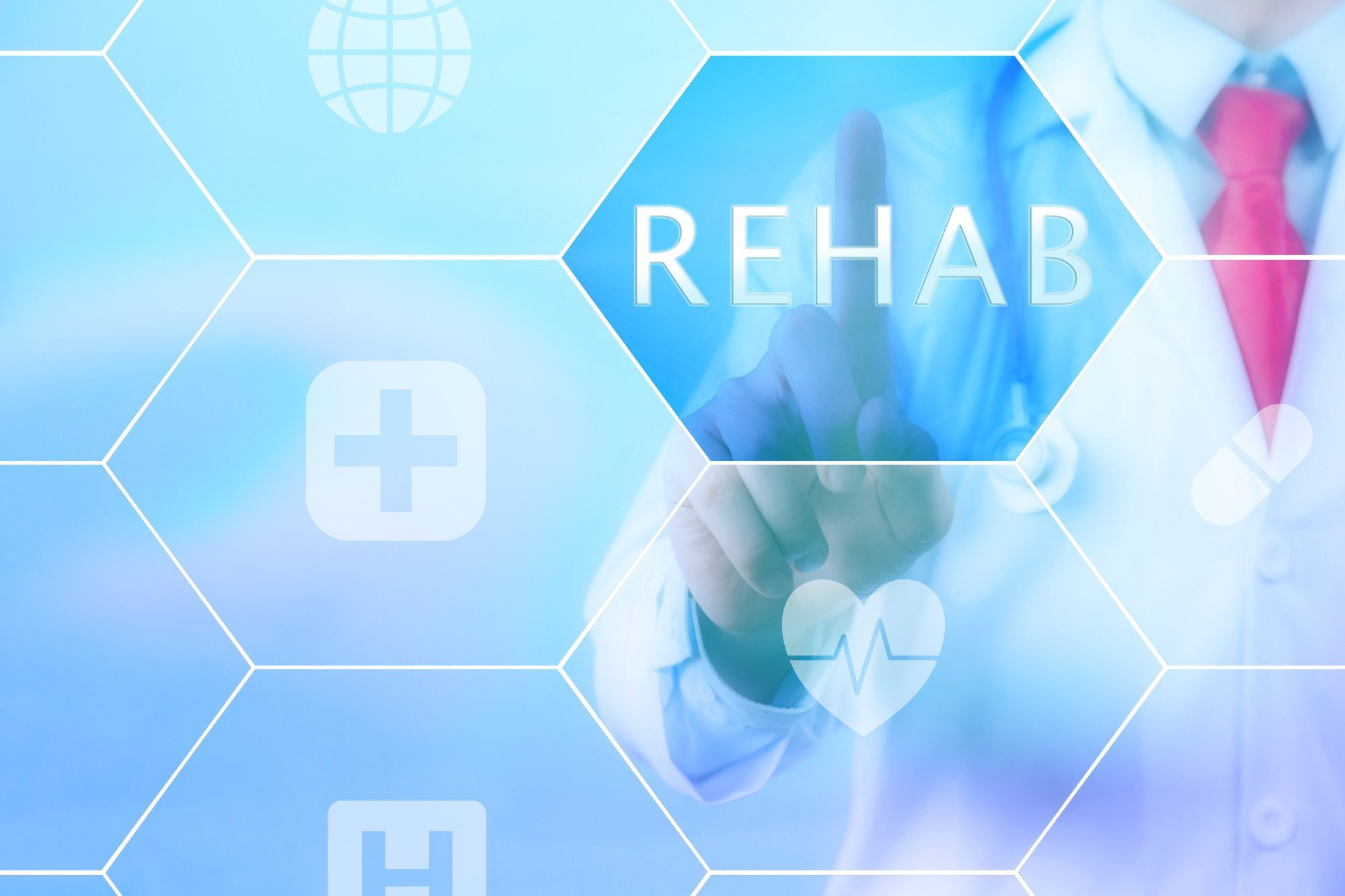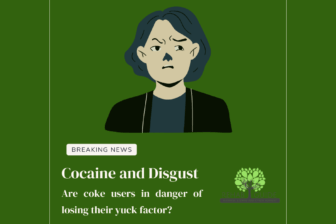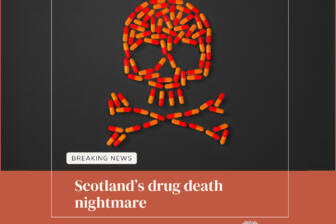Does Alcohol Rehab Work?
If you or someone you love is looking to enter into rehab, it’s only natural that you begin to wonder about whether rehab actually works or not. It’s understandable to question these things, and that’s what we’re here for. We’re going to provide you with the information you need about rehab success rates and some elements that contribute to your success in rehab.
By the time you’ve finished reading this post, you’re going to have the information you need to move forward with creating a rehab success plan that’s going to work for you. Let’s get right into the things that you need to know when it comes to drug rehab success rate facts.
Rehab Success Rates
There are a few things that need to be considered when looking into the success rates of rehabs in the UK. One of the first things you need to take into account is the number of individuals who have entered the facility that complete the entire rehab process. This means they’ve worked on their program and taken the steps necessary to leave and lead a better life.
Another factor that will be assessed when it comes to the alcohol rehab success rate is the number of individuals who entered the facility but decided to leave before the entire program was completed. Whether this means they transferred to a different program or they left the program without seeking further treatment.
You’ll also want to look into the number of people that were discharged from the program. When we say discharged, you’ve got to think about the people that have been discharged because they completed the program and met all the requirements to be released. Or people that have done something to breach the facilities requirements that are put in place to be followed by everyone in the program.
According to statistic reported between 2018 and 2019, approximately 80% of young adults that left the treatment programs they were in left because they completed the program. This means the programs they are entering are giving them the tools they need to be successful and stay sober once they leave.
Does Rehab Work?
We would love to say yes, drug rehab works at all times, but that would not be realistic at all. Instead of doing that we want to provide you with some examples that will show how well rehab worked for someone. When you take a look at the features that we’re about to mention you’ll realize that in some cases rehab was exactly what someone needed to become an effective adult.
Rehab is just as much about the work that you put into it as well as the plan that has been implemented by the rehab facility you’re attending. These are some of the benefits of seeking treatment in a private rehab facility and completing the program that you’ve been given.
Improved Legal Status
One of the issues that consistently plague those actively in addiction is legal problems. One of the first ways that you can determine if rehab has begun to work is the reduction of any legal issues. The reason is that once you’ve got a clear mind and can make better decisions, you’ll do what you need to, meaning staying clean and other guidelines given to you by the court system.
You’ll find that once you’re free of legal obligations, you can begin to spend more time rebuilding your life and focusing on the recovery journey that’s ahead of you.
Better Relationships
Another fact when it comes to drug and alcohol use is that your relationships with family members and friends tend to deteriorate when you’re using drugs. However, the most beautiful aspect of rehab success is being given the tools you need to mend these relationships.
Being able to sit down with those that you’ve hurt is a big deal. Letting them know that you know the things you’ve done wrong in the past but acknowledging that you want to move forward and do better will help improve your relationships.
Improved Mental Health
32% of young people who entered into treatment had underlying mental health issues that needed to be addressed. Some of the most common mental problems that need to be addressed when someone is in recovery include depression, schizophrenia, bipolar disorder, and more.
If someone has bipolar disorder yet doesn’t want to take the medication prescribed to them by the doctor, they may self-medicate. You would assume you could be helping; in fact, it makes things worse. When you’re in treatment, your counsellors will set up a plan to get you back on the right track to help you remain clear-headed.
Another common mental health issue that plagues addicts is depression. When you’re depressed, whether it’s because of your family or job situation, it can lead you to begin using. Entering treatment, you can guarantee that these problems will be addressed and by the end, you’ll have a much better outlook on your life and recovery.
We’ve given you some statistics, and now you need to know what the keys are to ensuring your treatment success.
Create a Support System
At the end of the day, we’re all human and have days where we aren’t in the best shape. Because of this, you’re going to want to ensure that you surround yourself with a strong support system. People who understand the goals you’ve got for yourself and your need to lead a healthier life.
When you’re feeling down or have the urge to use all you’ve got to do is turn to someone in your support system and be honest with them about what you’re feeling. They’ll be there to help remind you of your goals and get you back on track.
Don’t Be Afraid of Support Groups.
There are going to be times when the support of your family isn’t going to be enough. This is when speaking to others who have gone through the same experiences that you have will be incredibly helpful. In support groups, you’ve got the ability to sit down with others in recovery and speak openly about things that you may not be able to discuss with close family or friends. In some cases, you’ll also be able to connect with someone one-on-one, which will allow you to contact them whenever you’re feeling the urge to use. Support groups are an excellent way to connect with others without the pressure to keep everything together all the time.
Have a Plan
The best way to prepare yourself and avoid relapse is to have a plan. One of the things that you will learn before being released from treatment is a plan that will provide you with the tools to resist things that may cause you to relapse. Your relapse plan may outline that when you have certain feelings, you immediately contact someone from the support groups that you’ve been in. Or the plan may detail that you attend a therapy session.
The session is to remind you of the life that you’re now striving to have and the reasons that you chose to remain sober. If your feelings are severe and you’re not able to follow through with the other actions on your plan, the last resort may be to go back to treatment.
One thing you need to remember about recovery is that relapse happens. Instead of beating yourself up about it, pick yourself up and get ready to take the steps you need to take to get your life back on track following the mishap. When you’re in recovery, it’s helpful to review your plan from time to time as a reminder to stay away from situations that may serve as a trigger.
Rehab Success Rates: More Than Meets the Eye
When it comes to rehab success rates, there’s much more to it than reporting numbers. You’ve got to think about everyone who enters treatment and completes the program without being discharged. And even once you complete that analysis, you’ve also got to think about what people in recovery are doing once they leave treatment.
Are they getting better jobs? Having fewer run-ins with the law? If you’re ready to get the life back that you lost while in the midst of drug addiction, contact us here at the Rehab Guide. Not only are we able to help you determine the type of treatment you need when you can call. We can also walk you through the admission process and get you started in the right program.
Are you ready to take your life back?





